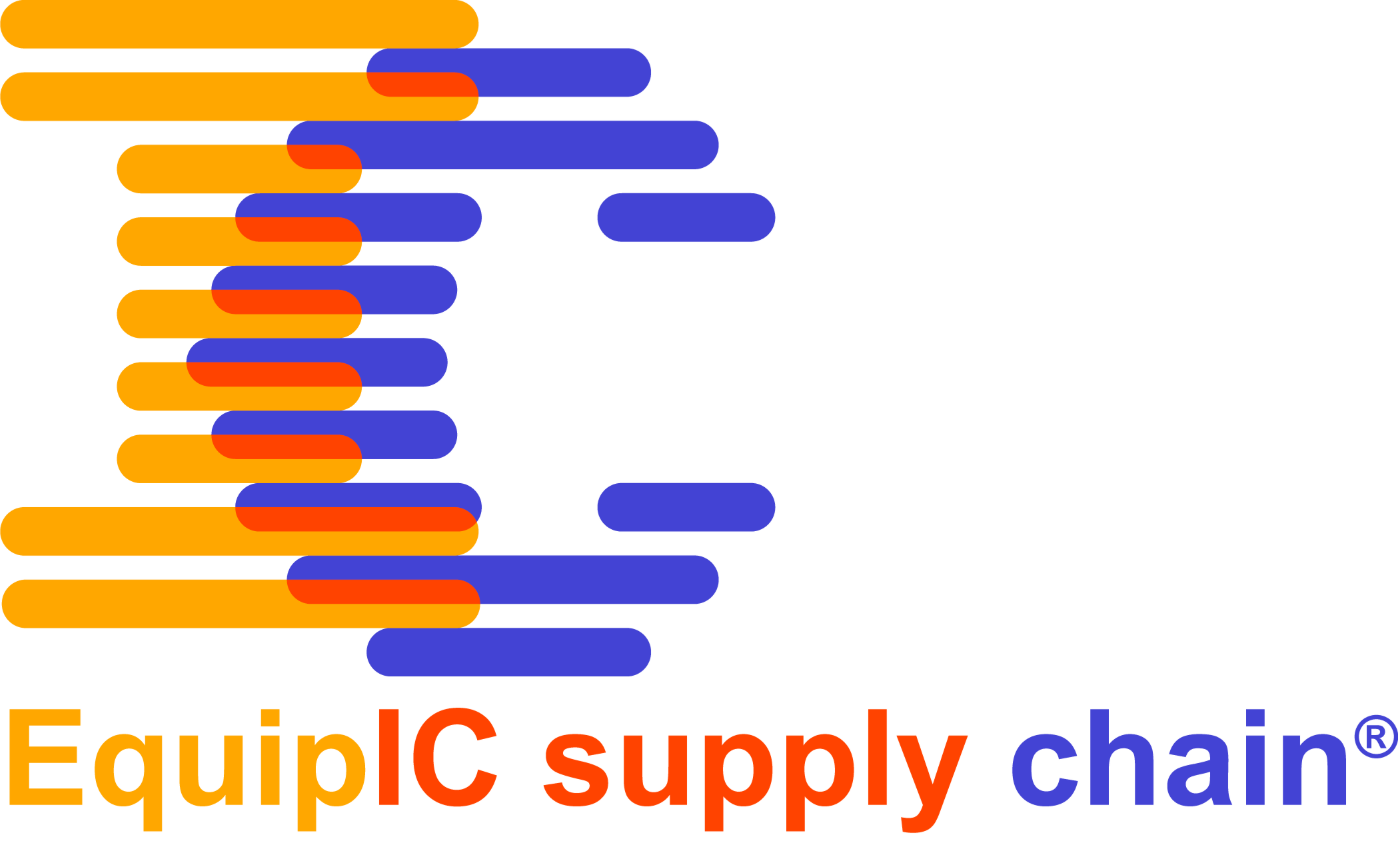As a third project example, we would like to specifically highlight our multi-project wafer (MPW) & prototyping services.
For technical universities, research labs and university spin-offs the cost of developing an ASIC can be a major obstacle, especially in leading edge technologies.
MPWs are indispensable for verifying a design or IP and for realizing a project. Full mask set tape-outs are usually too expensive for these organizations. A MPW program provides the customer with fast prototyping in limited die-quantities. This MPW option saves cost by sharing mask sets, lowering the financial risk for getting a new design quickly verified.
But getting access to a foundry for a MPW or low volume (prototype) project can pose a big problem for non-commercial players. In addition the financial SOPs and ordering procedures of universities or government sponsored labs often defer from standard commercial practices, making direct entry to commercial foundries even more difficult.
EquipIC Supply Chain can help you out in various ways:
- Via our wide network of tier 1 and tier 2 trusted pureplay and specialty foundries, we can offer MPW access to almost any technology or process, including MEMS and Photonics. Moreover, as we are fully vendor independent, we put highest priority on tracing the most competitive MPW seat prices in the market, without sacrificing quality and delivery times. We can help you to find the most suitable solution at a very competitive price.
- Another option is to use the MLR (multi-layer reticle) approach to lower the costs for prototype fabrication. Additional benefit of a MLR is that it is run for one dedicated customer, meaning the kick-off is not tied to any MPW schedule. In this scenario, one mask will contain multiple layers, resulting in an important cost reduction versus a full reticle mask set. Several foundries in our network offer such 2 in 1, 3-1 or sometimes even 4-1 MLR techniques, bringing fabrication costs down significantly. Lastly, some customers prefer the MLR over a MPW because the first will usually be based on a minimum number of wafers, generating more dies as a result.
- EquipIC will place the order to the foundry supplier based on standard commercial terms and conditions, while in our payment scheme with our end-customer we are willing to study or work out solutions which better fit into the SOPs of these non-commercial organizations if required.
- Over the years we experienced that several American universities do face administrative constraints in placing PO’s to entities outside of the USA. As EquipIC Supply Chain does have an America registered branch in California, we can easily accommodate to such requests for local PO placement.
Information & Design Submission Flow
While EquipIC will be the interface towards the foundry, our customers can of course get access to design rules, standard cell libraries and electrical parameters etc from the selected foundry via the Foundry or Process Design Kit (FDK/PDK) once the respective NDA and FDK license agreements have been signed.
As soon as the design phase is over, the results will be submitted via a registration system. The customer can access a MPW/prototype program by delivering a GDSII, RTL or Netlist database. When just a RTL or Netlist database is provided, EquipIC Supply Chain can perform the back- end design process and create the GDSII database. This database will be owned by the customer and may be used later. Next the ERC (Electrical Rule Checking) and Design Rule Checking (DRC) will take place at the foundry. Once this verification has been completed, all the corrected specs will be provided to the selected foundry to start mask tooling for MPW or prototype fabrication.
Our service does not stop at delivering unpackaged or untested prototypes. We can arrange standard and highly specialized assembly and testing services, including wafer-level packaging, TSV and full system integration as well as RF and Flash testing.
Don’t hesitate to let us know your eventual special requirements.

